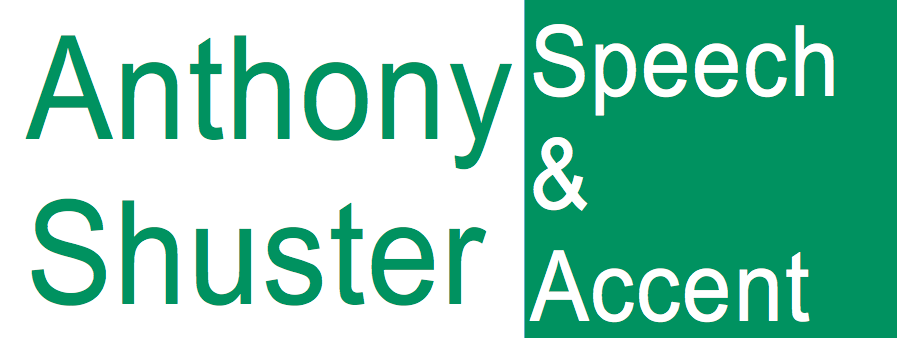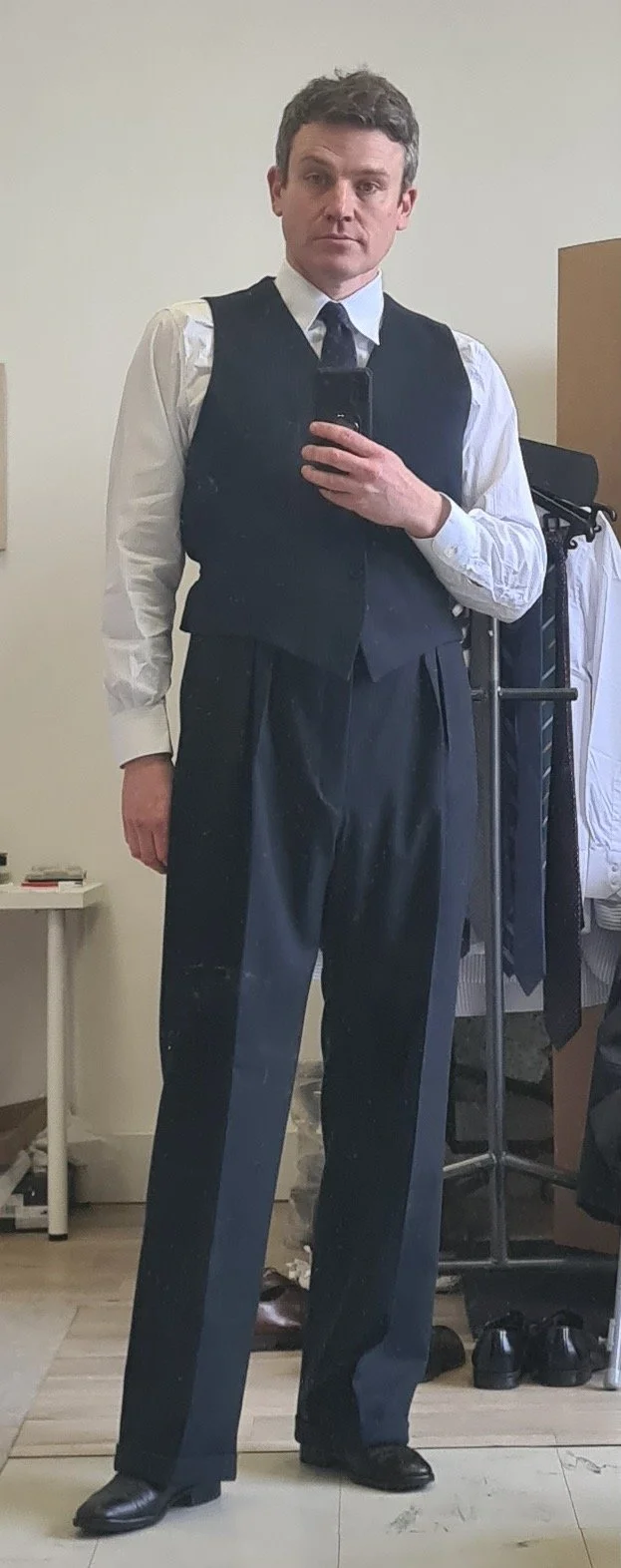‘When in France, speak as the French do?’
An English-accented man in Paris: …who still thinks it doesn’t really count as going to France unless you order snails
This week I suddenly stepped into the shoes of many of my clients: speaking a second language and trying to master the accent.
Some of you will know that as well as my work as a public speaking and accent reduction coach, I have a parallel career as an actor.
This week I was in Paris, to film a small role in a big budget French movie, set during World War II.
I was playing an interpreter, so I had to speak my French lines well enough to sound fluent, as well as speaking my English lines (in a slightly posher 1940s RP accent! I hope I at least managed to sound convincing in my native language and something close to my own accent).
Off-screen, with the French film crew, I also had plenty of opportunities to use my slightly rusty but reasonably good French in conversation.
It was a real eye-opener. It helped to refresh my thinking about how we go about this work of speaking authentically, in both senses: sounding more like a native speaker, while still sounding like yourself.
As you can imagine, given what I do, I was keen to achieve an accent that didn't immediately call attention to my Englishness!
But why? Why was I so keen to speak some French?
Walking a mile in my clients’ shoes: dealing with listeners’ assumptions
Because I wanted to see what it was like to walk a mile in my clients' shoes.
I'm often working with people for whom English is a second or additional language. Navigating the assumptions native speakers make when they hear a foreign accent - that your English isn't fluent, , that you won't understand Anglophone cultural references, that your personality fits some crude national stereotype - is a daily chore for most differently-accented English speakers, even after 5, 10, 20 years of speaking fluent English every day.
In France, in my experience, one of these assumptions is what makes waiters, hotel concierges, taxi drivers and shop assistants switch to English, the second you try out your basic holiday French.
They hear the accent and assume 'ah - English guy. He won't speak French well - it'll save time and be less embarrassing if I just reply in English'. To be fair, they're often correct!
And it's frustrating! I know I sound a bit English guys, I know I might not order my dinner in exactly the same way a native would, but I can still speak enough French to know what 'escargots' are, and how to pay for them at the end.
I felt a bit patronised... so imagine how frustrated I'd feel if this sort of thing happened to me every other day of my life.
Sounding different means feeling different
And I also wanted to practise what I preach in my coaching sessions.
I'm always talking about how an accent FEELS, not just how it sounds.
Most people have a good ear - when they're in the role of listener, they can hear the difference between one accent and another.
But when it comes to being the speaker - that's much harder. It's not just the sound, it's the physical sensation involved in making a different sound that's different, and difficult to do.
The more French I spoke with my colleagues, the more I noticed that I needed to do less - open my mouth less, use my tongue less, vary my tone less, let my final syllables feel more 'thrown away'.
As an English speaker, my speaking muscles are used to doing more: pronouncing final 'n's in words like 'wine'. Whereas in French, the word 'vin' finishes in an open way - that 'ng'-sounding 'n' at the end feels very different.
So i found that the more 'lazy' I felt about my pronunciation, the more French it sounded.
But this meant that conversations often felt different. I felt like I was starting to tune into something like the laidback attitude that can be summed up with the famous Gallic 'verbal shrug': 'bof...'
Sounding different means feeling different when you speak. That's not just technically difficult - it can evoke difficult emotions.
As the language-learning service MimicMethod observes, 'many adults are embarrassed about speaking with a foreign intonation. Our personalities are closely linked to the intonation patterns of our voice'.
I've often seen this in my coaching. One of the barriers to achieving a different sound can be emotional or psychological: 'I'm worried if I sound different, I'm going to become different - I won't feel like myself'.
This week's experiences in Paris brought this home to me again. Experimenting with a more French sound meant experimenting with my sense of myself. How can I still be myself when I don't sound like myself?
But one thing that did come out of this: I found that the more 'French' I sounded, the more confident I sounded. So it meant people spoke to me in French more readily. And that boosted my confidence in my French-speaking even more.
If you're curious about this, and how sounding different can affect how confident you feel when you speak, lets talk more. I"m eager to see how I can use what I learned in Paris to help my current and future clients with how they feel and behave when they're called upon to speak.
Merci d'avoir lu mon blog (thanks for reading my blog) :)
Looking the part: at a costume fitting in Paris, and I’ve never looked more English


